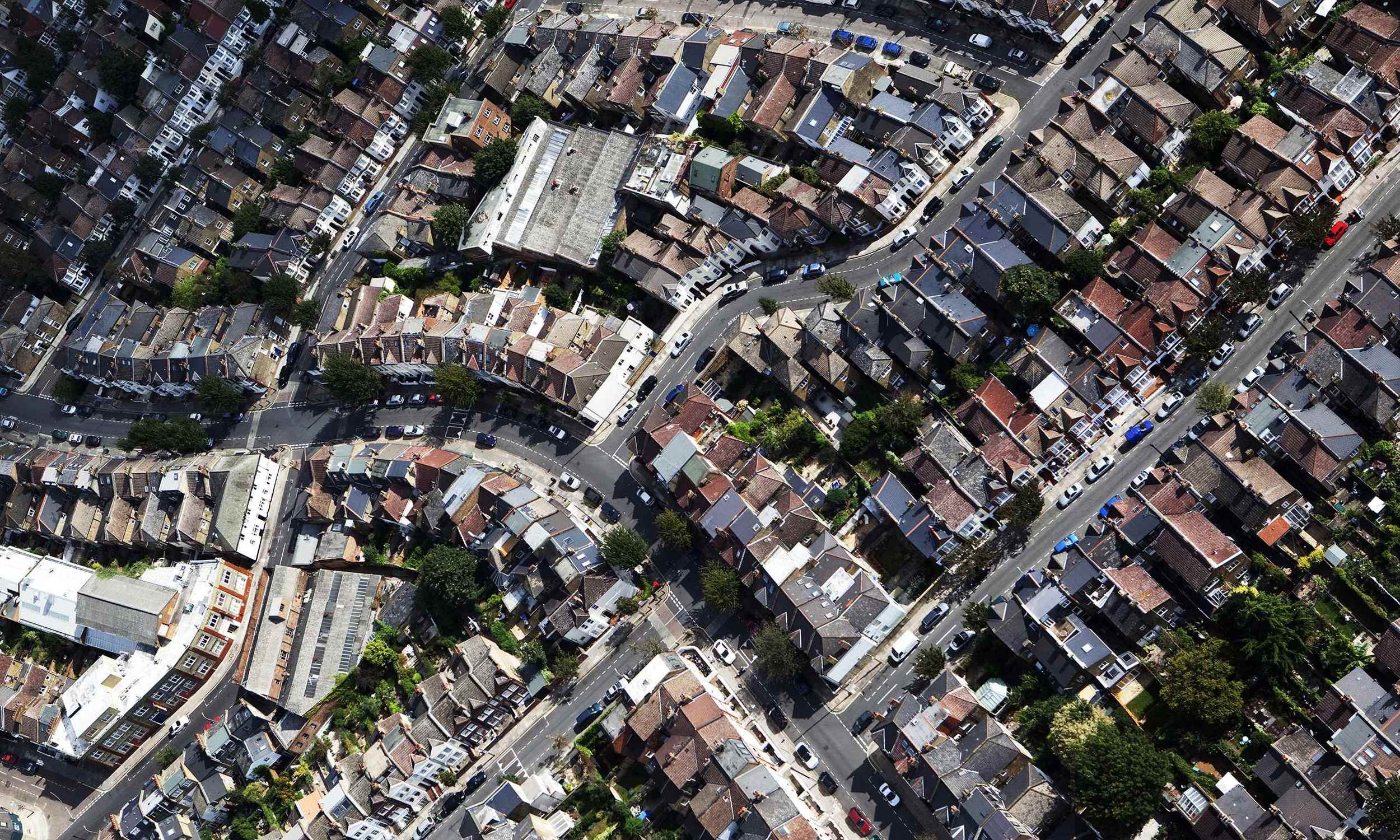Housing in London
In The Green Noose, Tom Papworth has argued persuasively for loosening the green belt. Another way to goose up the supply of housing in London would to deregulate the construction aspect of provision. We welcome competition in local government, so let HMG pass legislation encouraging London Boroughs to bid for time-limited privileges. The idea would be that the first (as it might be) eight out of thirty-two London Boroughs would obtain the full extent of incremental rates on new housing arising, if they bid for temporary relief from taxes and regulatory restrictions.
New construction is already exempt from VAT, so the targets would be to suspend officious HMRC registration of subcontractors, so as to reduce labour costs; taxes on capital gains, profits and dividends arising out of qualifying developments, so as to incentivise developers and investors; and suspending stamp duty on associated property transactions, so as to cheapen costs to purchasers.
This is however likely to be less effective than deregulation of land-use and construction practices. As to land-use, we would advocate suspending
- Height restrictions, protected sight-lines, listings, change-of-use consent and the whole paraphernalia of JNCC restrictions;
- The rights of occupants of collectively owned properties to form blocking minorities refusing market compensation (this is with a view to easing the consolidation of building lots); and
- Judicial review of compulsory purchase and planning decisions.
To conclude on this score, we would argue for a presumption of planning approval unless a reasoned refusal is delivered within fourteen days; developers’ access to an appeals tribunal with a presumption of summary reversal; and stricter tests for reasonability and timeliness in the exercise of neighbours’ rights, including local impact, party-walls and natural light.
Finally we turn to construction practices. These are hamstrung by obsolescent and intrusive restrictions by way of building and fire regulations. It’s an open secret that the latter are honoured in the breach, with new residents removing smoke-detectors and door-closers and demolishing corridor and lobby walls as soon as they can. As to building regulations, these are largely a cloak to defend time-expired practises and uncompetitive suppliers. Instead, let developers show that their proposals comply with best practice in the form of building codes elsewhere (eg. Vancouver, Melbourne or Chicago).
To those who argue that this encourages builders to resort to regulatory arbitrage, our answer is “why not?” More competition in local government!

